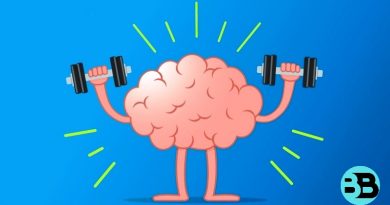The Ultimate Guide to Meditation: Techniques, Benefits, and Tips for Beginners
Meditation is an ancient practice that promotes mental clarity, emotional stability, and overall well-being. This guide will help you understand the fundamentals of meditation, explore various techniques, and provide practical tips for integrating meditation into your daily life.
What is Meditation?
Meditation is a practice where an individual uses a technique, such as mindfulness, focusing the mind on a particular object, thought, or activity, to train attention and awareness, and achieve a mentally clear and emotionally calm and stable state. Originating from ancient spiritual traditions, meditation has been adopted by many cultures worldwide for its profound benefits.
Benefits of Meditation
Meditation offers numerous physical, mental, and emotional benefits:
- Stress Reduction: Meditation helps in reducing stress by promoting relaxation and reducing the production of stress hormones.
- Improved Concentration: Regular practice enhances focus and cognitive function.
- Emotional Health: Meditation can improve emotional well-being by reducing symptoms of depression and anxiety.
- Better Sleep: It can help regulate sleep patterns and improve sleep quality.
- Pain Management: Meditation has been shown to reduce the perception of pain and improve pain tolerance.
- Overall Well-being: It enhances self-awareness, promotes a positive outlook, and fosters a sense of peace and balance.
Popular Meditation Techniques
There are various meditation techniques, each with its unique approach and benefits:
- Mindfulness Meditation: Focuses on being present in the moment and observing thoughts and sensations without judgment.
- Transcendental Meditation: Involves the use of a mantra to achieve a deep state of relaxation and heightened awareness.
- Guided Meditation: Led by a guide or instructor, this form involves following a series of instructions to relax the body and mind.
- Loving-Kindness Meditation (Metta): Focuses on developing an attitude of love and compassion towards oneself and others.
- Body Scan Meditation: Involves paying attention to different parts of the body and noticing sensations without attachment.
- Zen Meditation (Zazen): A form of seated meditation that emphasizes posture and breathing.
Tips for Beginners
- Start Small: Begin with just a few minutes each day and gradually increase the duration.
- Find a Quiet Space: Choose a comfortable, quiet place where you won’t be disturbed.
- Be Consistent: Try to meditate at the same time each day to build a routine.
- Focus on Your Breath: Use your breath as an anchor to bring your attention back when your mind wanders.
- Don’t Judge: Let go of any expectations and avoid judging your meditation experience.
- Use Resources: Utilize apps, online classes, or meditation groups to support your practice.
Conclusion: Meditation is a powerful tool for enhancing mental, emotional, and physical well-being. Whether you are looking to reduce stress, improve focus, or cultivate a greater sense of peace, integrating meditation into your daily routine can lead to profound personal growth and transformation. Start your meditation journey today and experience the multitude of benefits it has to offer.
Read also:
Meditation for Beginners: A Guide
Finding the Best Time and Space for Meditation: Optimal Conditions for a Deep Practice




